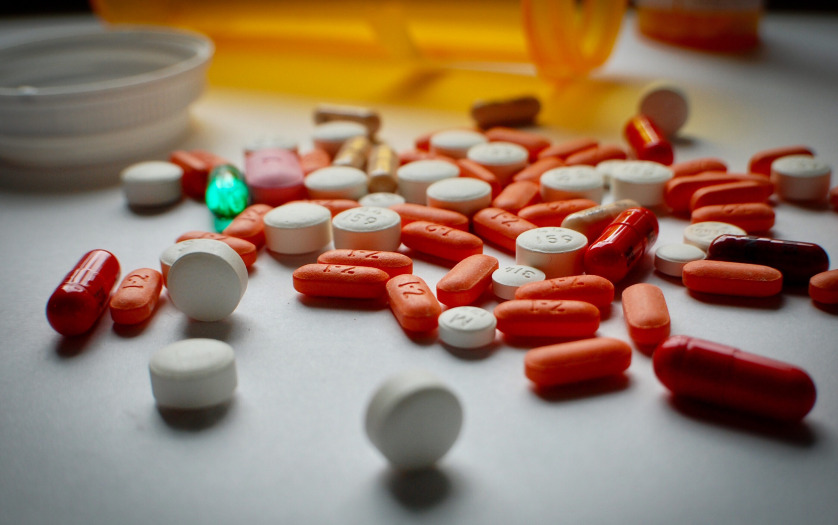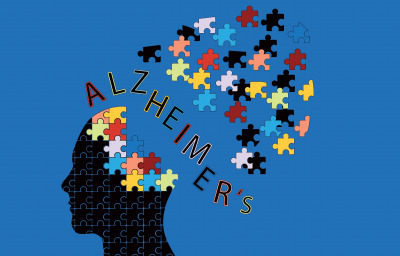
Coordinated specialist health services are needed to deal with the complex needs of people with intellectual disabilities so that they are not unnecessarily given psychotropic drugs to manage challenging behaviours, QUT researcher Dr Niki Edwards has told the Royal Commission into Violence, Abuse, Neglect and Exploitation of People with Disability.
Dr Edwards, from the Faculty of Health School of Public Health and Social Work, has worked in health, disability and human services and, over the past 15 years, researched intellectual disability and use of psychotropic medication.
Psychotropics drugs are mood-altering agents prescribed to treat a range of mental illnesses. Dr Edwards said they are also used as a ‘chemical restraint’ for people with an intellectual or developmental disability whose behaviour is considered aggressive or potentially harmful to others or themselves. In Queensland, court-appointed ‘guardians’ have oversight over use of these medications as a restraint.
In her statement to the Royal Commission and in her evidence via video link, Dr Edwards said the rates that psychotropic medication was being given to people with intellectual disability in Queensland were “much too high”.
“This medication can have serious adverse health effects, particularly when used in high doses and for extended periods, and there is evidence that its actual effectiveness in minimising or preventing behaviours of concern is questionable,” she said.
She presented to the Royal Commission her published findings from a 2006-07 survey of Queensland psychiatrists, preliminary observations from a similar survey of psychiatrists she has conducted over the past year, and her 2018 published research exploring the attitudes of guardian decision-makers.
These studies have shown:
- A majority of psychiatrists consider antipsychotics were overused to control aggression in people with an intellectual disability.
- Many psychiatrists believe inadequacy of community services for people with intellectual disability influences overprescribing.
- Prescribers sometimes diagnose a person with disability as having a mental illness, such as schizophrenia, “in order to avoid and circumvent the legislative requirements concerning authorisation of chemical restraint”.
- Many psychiatrists do not feel equipped to treat patients with intellectual disability and mental illness.
Dr Edwards said people with intellectual and developmental disability have complex support needs, particularly with respect to their mental health, and they have “fallen through the gaps in Australia as health and disability departments historically have played and continue to play a game of ‘ping pong’ with this vulnerable group – health stating disability is not their responsibility and disability asking for mental health to take responsibility”.








